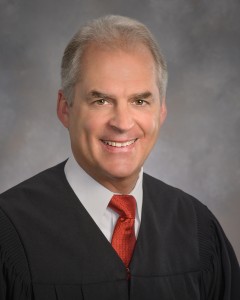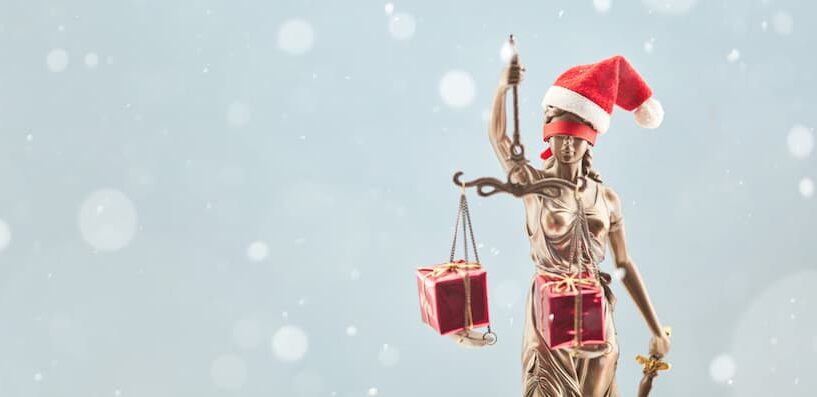
“Sometimes things become possible if we want them bad enough.”
― T.S. Eliot
Great poets are able to discover great truths – as long as they use language wisely. For example, Mr. Eliot’s observation does not indicate that our wishes will ever come to be, only that they can be made “possible.”
When I was running for judicial office for the first time in 1995, I was often asked, “Why do you want to be a judge?”
Over time, I developed an intentionally disarming response: “Well, one should beware of anyone who wants to be a judge too badly.”
This always permitted a promising conversation about modest public service rather than personal ambition. Great judges are sometimes able to discover great rationales – as long as they use language that permits wide consideration. Like all judges, I look for the Great Judge path, never really getting there but just trying to get better over time.
As we complete a long, complicated year, my Great Judge journey leads me to a wish list. While wish lists are not uncommon for gift-giving season, or at the start of a new year, this one is intended for regular rumination. I hope it is worthy of Mr. Eliot’s observation.
- I wish that the following phrases would become forbidden in a court of law.
- “It is what it is.” Obviously, but what is it? This seems to have taken root between the Book of Exodus (“I Am Who Am”) and Shakespeare’s Twelfth Night clown (“That that is is”), although modern origins are derived among sports stars and politicians. During a hearing, it is better to just say, “I have nothing more to say about this,” assuming there even needs to be anything more to say about it.
- Social media. This overused catch-phrase is a euphemism for everything from cell phones to the “Cloud” to the Internet of Things (not sure what that is). Rather than confuse the record with such general terms, can’t we just say what it is? (But be careful – see above.)
- “Back in the day …” This is an old phrase used to remember nice things. Why do we now use it for all kinds of things, especially when those things are part of a court case?
- “At the end of the day …” There is a Les Miserables song with this title – shouldn’t that tell us that this is better left to the 19th century? While the use of poetic references should be respected everywhere, and I am an advocate of the Plain English movement, it would make more sense to simply get to the point with a single word, like “overall,” “finally” or “undoubtedly.”
- I wish the public image of lawyers would improve
According to the Pew Research Center, only 18 percent of the public believe lawyers contribute “a lot” to society (the lowest of any profession on the list). An ABC/Washington Post poll found lawyers to be the third-most-despised profession, just above Congress and car salesmen. We need to aspire to the lawyer-statesmen/women model – that is, practical wisdom, good judgment, and devotion to public good balanced with every client and case. There is a lack of legal literacy in the United States, and everyone would be better off if we worked to ensure the public understands why we have the best country in the world – because of our legal system.
- I wish ESPN would develop a judges-only webpage.
When I first became a lawyer over 35 years ago, I habitually read the sports page from beginning to end every day. I wasn’t always so interested in all that sports information, but I wanted to be literate with colleagues and judges during the course of every day. No less important today, this would afford us judges brief summaries of weekly events, suggested jokes and comments, as well as key statistics. Let’s face it, lawyers will enjoy improved judicial sports acumen, and it all goes to the betterment of the profession.
- I wish trial court judges would be invited to sit by designation on appellate cases.
This is a common practice in federal courts. It would clearly enhance the trial courts’ understanding of the appellate courts, as well as providing a broader perspective on select appellate matters.
- I wish the U.S. Supreme Court would start a reality TV YouTube channel.
If the Supreme Court had a YouTube channel reality TV segment, think how much better off we would be. Cameras could follow the justices during their daily routine, see them working, discussing, gossiping, etc.
- I wish low-income citizens would gain greater access to advice and representation.
This speaks for itself.
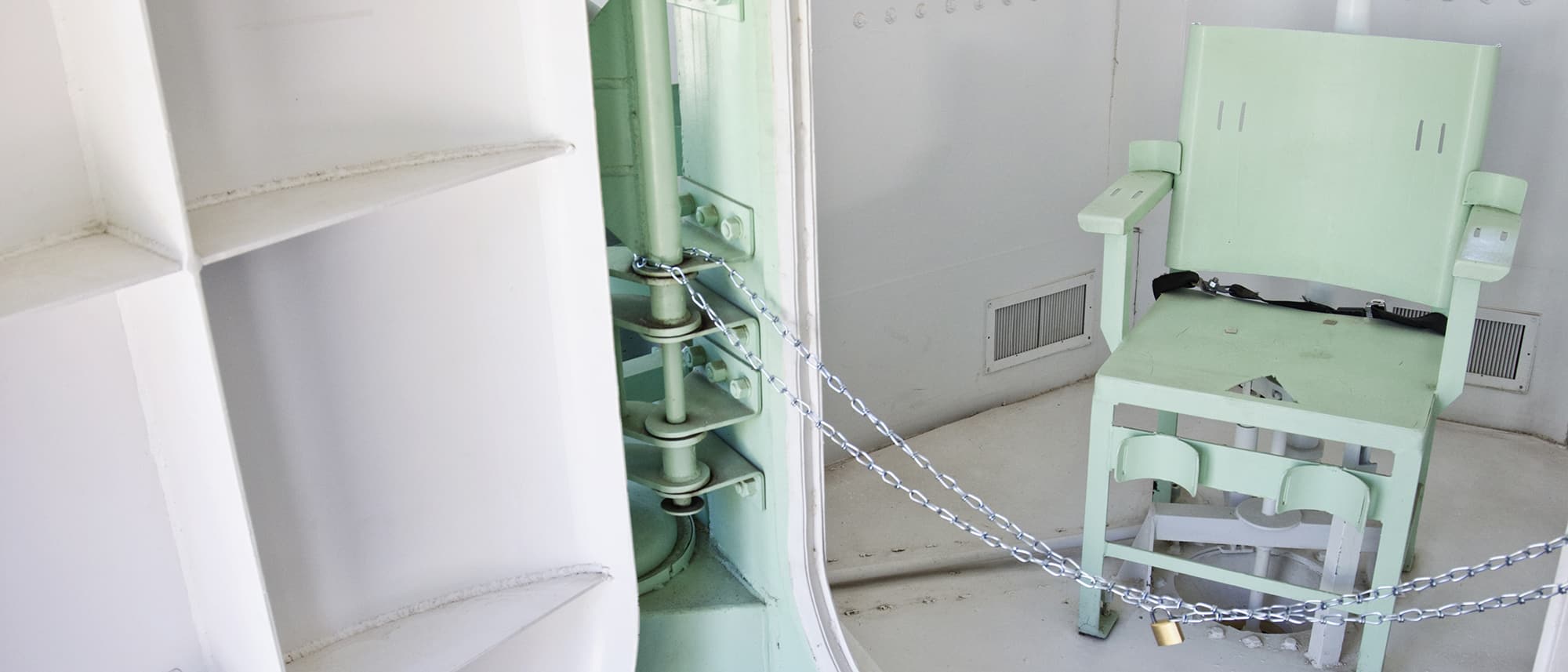
RENO, Nev. (Jan. 26, 2024) — The nation’s oldest, largest and most widely attended school for judges �...
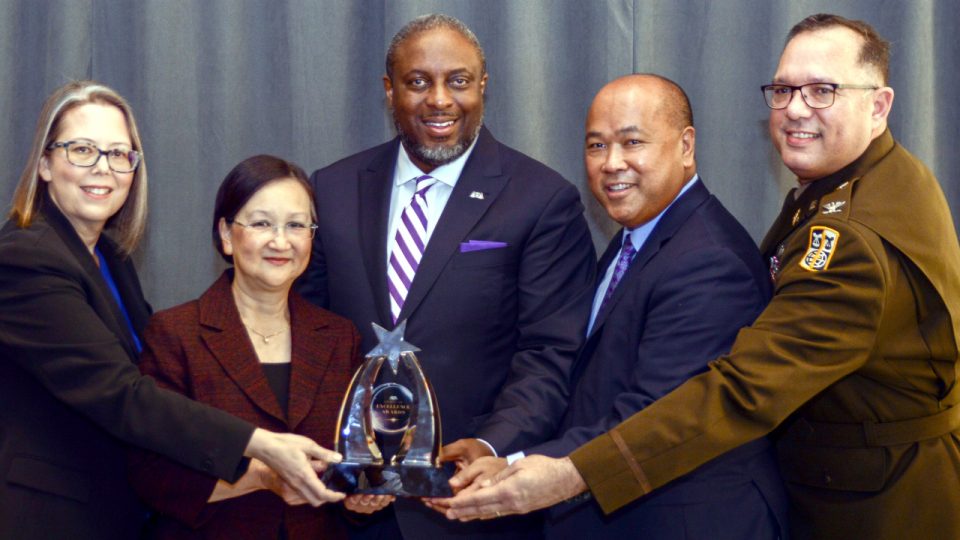
RENO, Nev. (Feb. 7, 2024) — National Judicial College President & CEO Benes Z. Aldana received the Am...

It’s the bear, by a clear majority. A bear to be called Bearister. January’s Question of the Month* ...

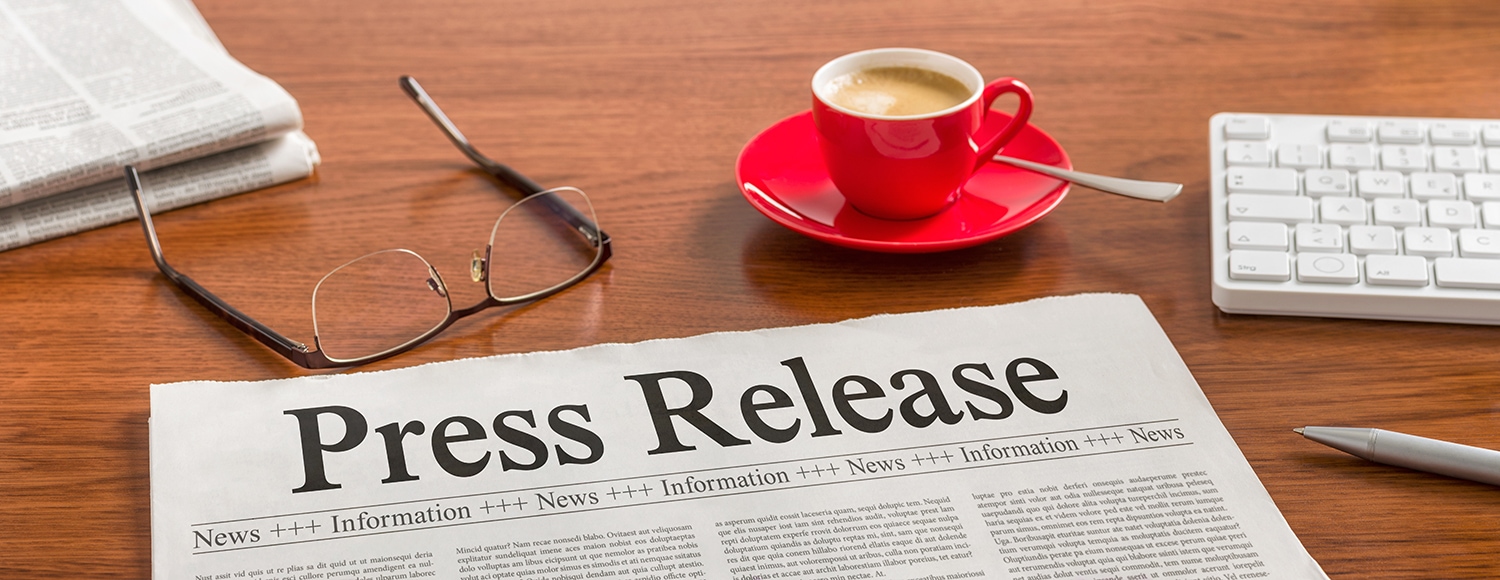
Retired attorney Rob Hunter, whose long legal career in Alabama included providing legal representation to ...
